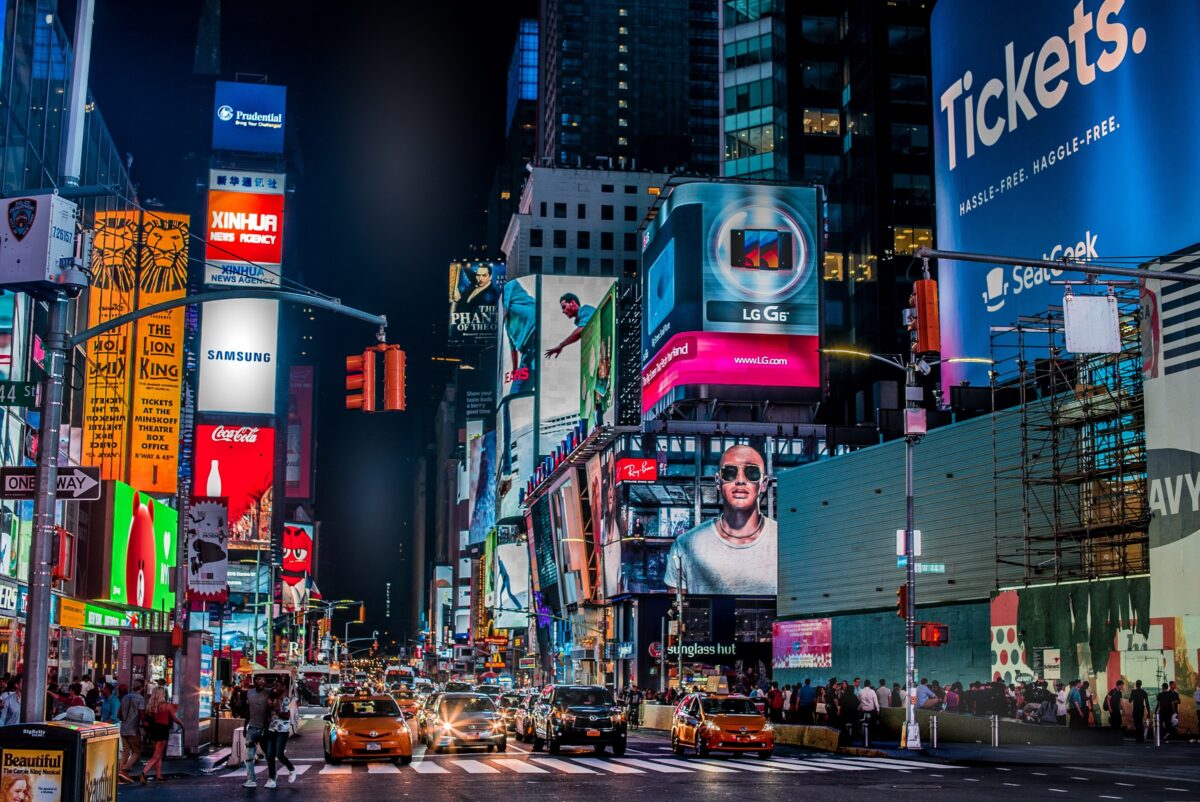From designer goods to fine dining, global prices have risen by 7.5%, with Asian cities leading the charts of most expensive locations to live.
The rising prices of luxury things have taken a bite out of the ultra-massive rich’s purchasing power in some of the world’s most expensive cities, such as Shanghai and Hong Kong, over the past year.
The greater cost of designer handbags, shoes, suits, and watches for the wealthy in London and New York, on the other hand, does not even keep up with their countries’ general inflation rates.
The undercurrent of Julius Baer Group Ltd.’s 2022 global wealth and lifestyle study is the global disparity in price growth and monetary policy, which ranks the world’s most costly cities by examining the cost of residential property, vehicles, airfare, business school, and other luxury. Shanghai topped the list once more, while London moved up to second place from Tokyo, which fell to eighth position by the most of any city. New York was ranked 11th, down one spot from the previous year’s poll.
Asian cities top the list of most expensive destinations, while New York falls to No. 11.
The findings show that the wealthy are not immune to inflation, which has reached 8.6% in the United States and 9% in the United Kingdom, even though they are better equipped to tolerate it than the poor. Furthermore, wealthier people are more likely to own stocks, which have fallen in value as central banks boost interest rates to combat inflation. According to the Bloomberg Billionaires Index, the world’s 500 wealthiest people have had a collective $1.4 trillion erased from their fortunes this year.
While the financial situation of many high-net-worth individuals has actually improved over the last year, the concurrent increase in the basket of goods and services that make up our lifestyle index means the ‘money illusion’ of previous years still lingers, according to the Julius Baer report. Still, our survey reveals a mildly optimistic post-pandemic picture, it said. The wealthy are spending normally again.
Globally, the cost of digital devices such as computers and smartphones increased by 41%, owing to a tendency to work from home and a global chip scarcity. Hiring a lawyer has increased by 33%, while bike prices have increased by 30%. Wine, on the other hand, has dropped by 26%, more than any other category.
The analysis looked at the pricing of approximately 20 items and services that people with bankable household assets of $1 million or more generally purchase in 24 cities across the country, with data collected in two rounds between November and April. Moscow has been removed from the list.




